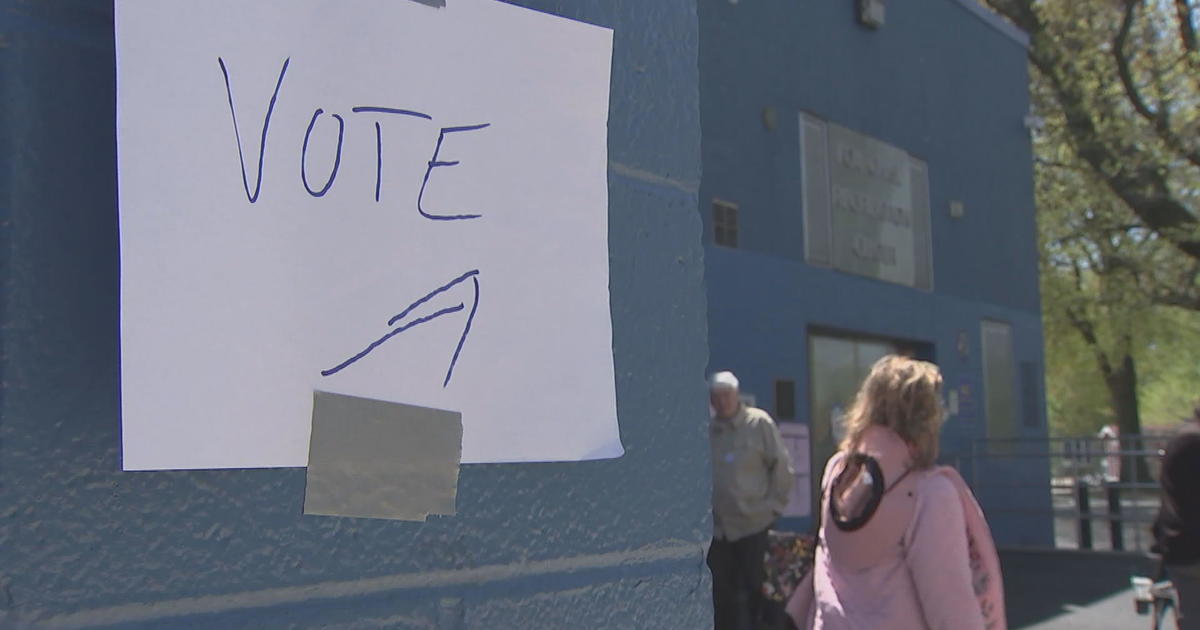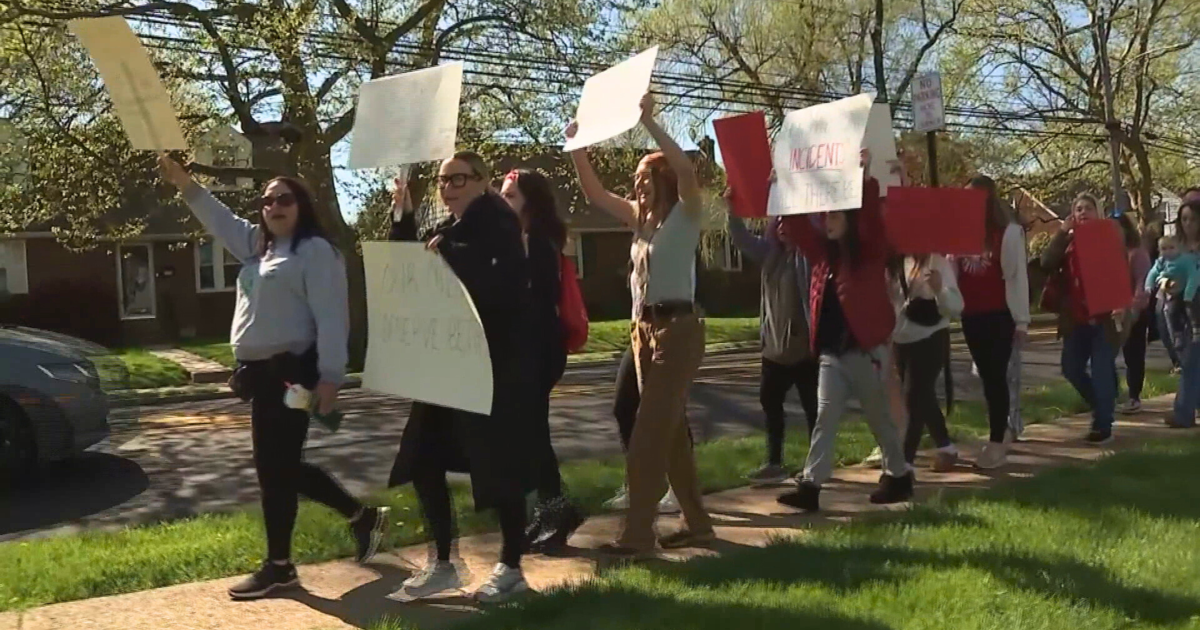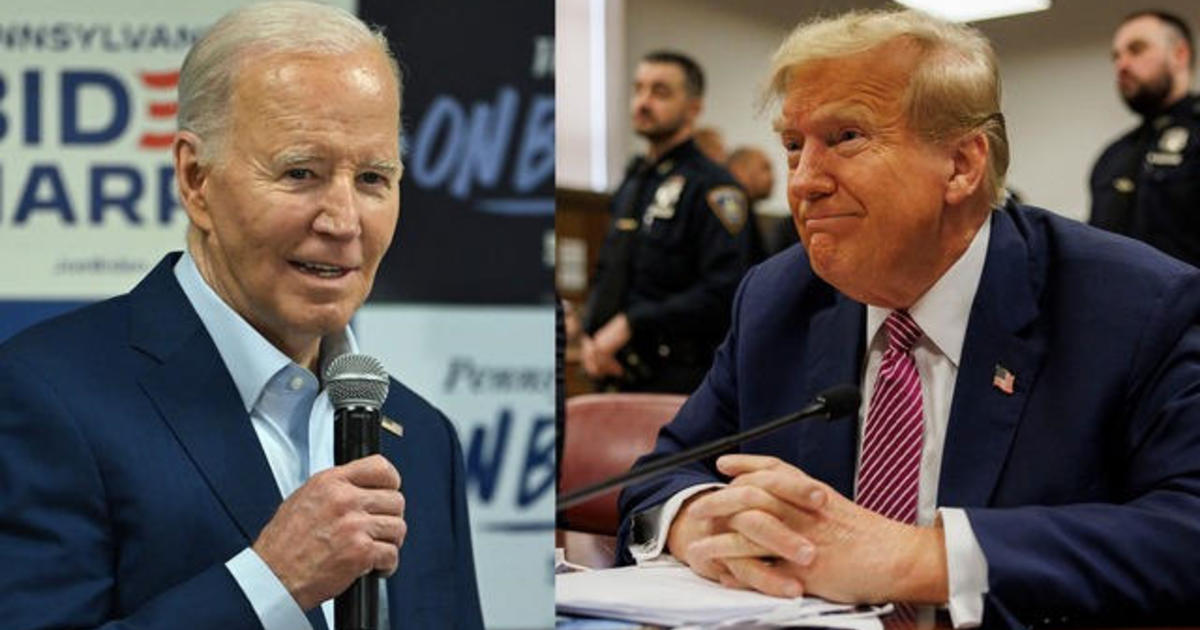Michael Smerconish: Source Of Santorum's Strength In Pennsylvania Could Be A Weakness
3/19/12 - Michael Smerconish
After notching victories in Alabama and Mississippi last week, Rick Santorum is certain to still be a viable presidential candidate when the primary process reaches Pennsylvania on April 24.
And he's more likely to return home a fortunate son than be welcomed back as a prodigal one. Changes in the commonwealth since his decisive loss to Bob Casey in 2006 favor his primary prospects but don't bode as well for a possible general-election race against Barack Obama.
A Quinnipiac University poll conducted this month found Santorum leading Mitt Romney, 36 percent to 22 percent, among Pennsylvania Republican voters (with Ron Paul earning 12 percent and Newt Gingrich 8) - a 27-point jump in support for Santorum since Quinnipiac's previous survey in December. In a head-to-head matchup, he leads Romney by 52-32.
No doubt Santorum's unexpected and sudden success filling the role of the anti-Romney has rekindled a degree of support in his home state. But the former U.S. senator's chances here have also been aided by an exodus of voters - many of them the moderates who decide statewide elections - from the ranks of the GOP.
Consider: Since April 2008, the Pennsylvania Republican Party has lost almost 140,000 voters (4.4 percent). State Democrats have dropped nearly 73,000 (1.7 percent). And those classified by the Department of State as "all other voters" - Libertarians, Greens, Constitution, and other minor parties - have fallen almost 16 percent.
The lone classification to actually gain voters over the last four years - unaffiliated - has swelled by 160,936 registrants (43 percent). That's what we call independents in Pennsylvania.
In other words, six years after he lost a statewide election by 18 points - including a total blowout in the traditionally moderate Philadelphia suburbs - Santorum will compete for votes in a GOP primary better suited to his strengths: a smaller, more conservative one.
(Pennsylvania holds closed primaries, which means that only members of the two major parties can vote in their respective primaries. Also worth noting, as longtime Pennsylvania political analyst Jon Delano did last week, is that the state GOP elects convention delegates without actually knowing which presidential candidate those delegates support.)
The tight-knit, passionate primary electorate is obviously in Santorum's best interests in the short term. But there's also evidence that the factors working to his advantage now could come back to bite him in November.
Though the Quinnipiac poll showed Santorum in a dead heat with the president among Pennsylvania independents (42-42), it also found that nearly half of those voters (48 percent) had an unfavorable view of the man who served 16 years in the House and Senate. That's in line with a Muhlenberg College/Allentown Morning Call survey taken last month which found that a majority of Pennsylvania independents - 52 percent - view Santorum unfavorably.
Yes, Romney's standing in those polls among moderates and independents is only marginally better. But that can be attributed to the Republican Party's persistent tilt to the right throughout the last decade. Santorum has certainly sought to force Romney's hand by furthering that trend in the current election cycle.
It's a strategy that has kept Santorum relevant longer than anyone expected - perhaps long enough to make the Keystone State's late April primary relevant.
But it might also explain why no major statewide Republican leader has endorsed Santorum, as documented in a report last week by the Pittsburgh Post-Gazette's Tim McNulty. That includes Gov. Corbett and Sen. Pat Toomey, though neither has endorsed anyone yet, and the men competing to run against Sen. Bob Casey. The closest Santorum has come to an establishment embrace is tapping Corbett political adviser Brian Nutt to join his ranks. The one big-name endorsement so far, from former Gov. Tom Ridge, went to Romney.
In all probability, local members of Congress like Pat Meehan, Jim Gerlach, and Mike Fitzpatrick recognize the difficulty a Santorum nomination could spell for their suburban prospects. Gerlach has already endorsed Romney.
Some voters in next month's Republican primary may be whipped into frenzies by a Santorum candidacy. But that doesn't mean the electorate's more moderate elements will welcome Pennsylvania's former favored son home with the same zeal in November.



